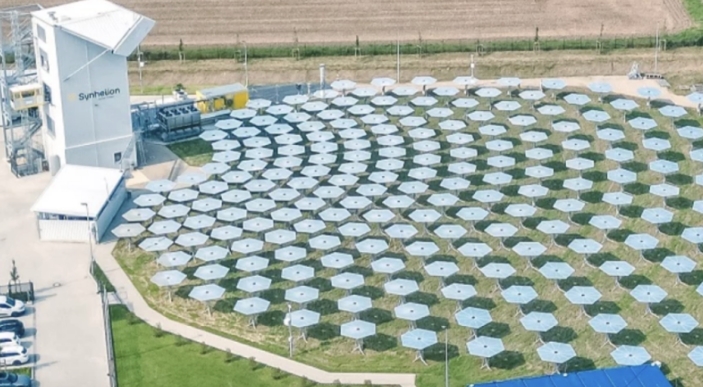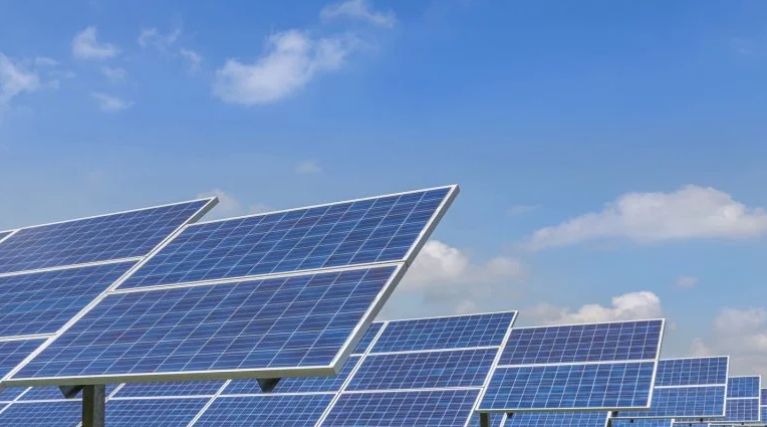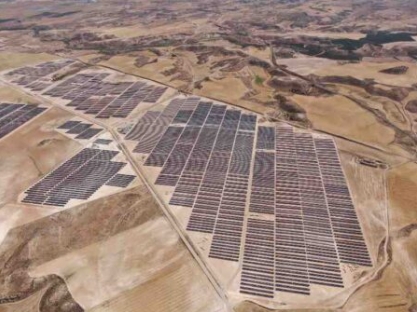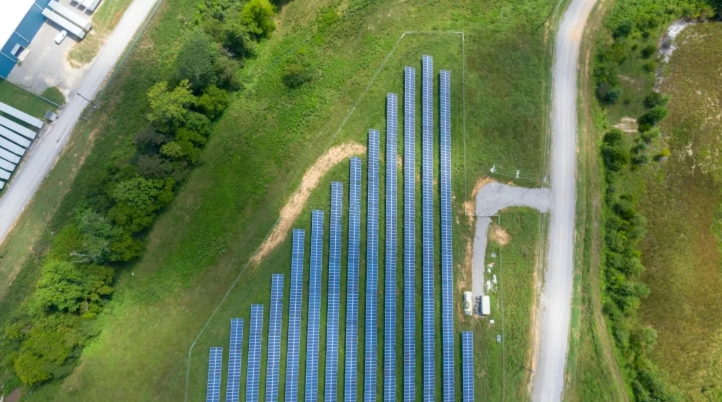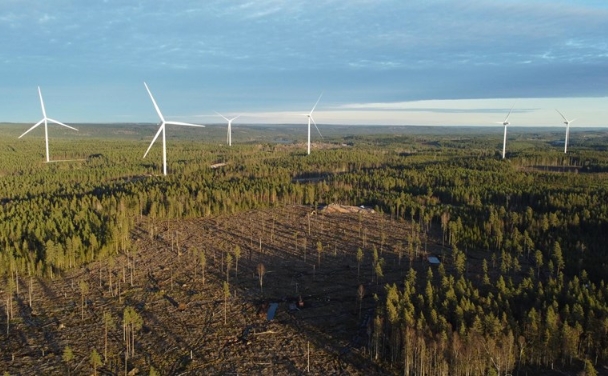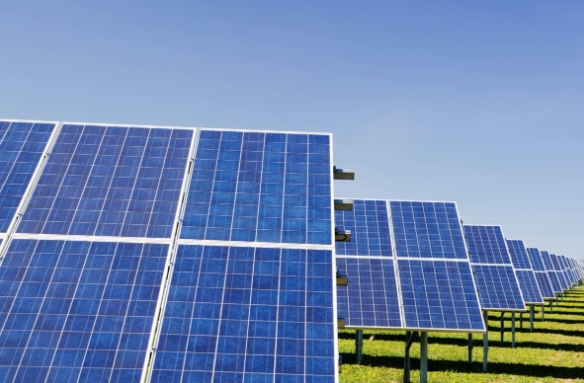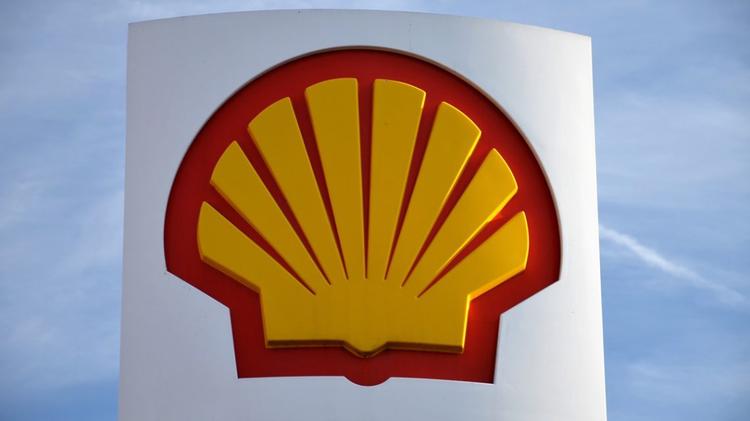
Shell’s Ambitious Green Energy Investment Strategy
Shell has announced plans to invest between $10 and $15 billion from 2023 to 2025 to develop low-carbon energy solutions. This investment highlights Shell’s strategy to transition to a sustainable energy future, with $5.6 billion allocated in 2023 alone, accounting for 23% of its total capital spending.
Key focus areas include:
E-mobility
Low-carbon fuels
Renewable power generation
Green Hydrogen
Carbon capture and storage
These sectors represent pivotal elements in both cutting emissions and providing alternative energy sources.
In e-mobility, Shell is scaling up its public electric vehicle (EV) charging network, strategically positioning charging points at Shell-owned sites to enhance convenience by combining it with other services.
Renewable power generation investments are directed towards constructing and managing facilities that generate power from sources such as wind and solar. This clean electricity will support other low-carbon pursuits, including the production of green hydrogen.
Shell’s hydrogen projects include the 100-megawatt renewable hydrogen electrolyzer REFHYNE II in Germany, aiming to produce up to 44,000 kilogrammes of renewable hydrogen per day by 2027.
The company is also venturing into low-carbon fuels, integrating renewable hydrogen and other green solutions into fuel production to reduce emissions across its product range.
Carbon capture and storage (CCS) efforts include the Polaris carbon capture project in Alberta, Canada, designed to capture about 650,000 tonnes of CO2 annually, with permanent storage provided by the Atlas Carbon Storage Hub.
Shell’s investments in these diverse low-carbon solutions demonstrate its commitment to meeting the Paris Agreement climate goals and contributing to global decarbonisation while ensuring energy security and affordable supplies.
REFHYNE II: Shell’s Flagship Hydrogen Project
The REFHYNE II project is a key component of Shell’s hydrogen strategy. This 100-megawatt renewable hydrogen electrolyzer at Shell Energy and Chemicals Park Rheinland in Germany is expected to produce approximately 44,000 kilograms of renewable hydrogen per day by 2027. The project will play a critical role in decarbonising Shell’s site operations and aligns with broader EU and German governmental goals for renewable energy adoption.
REFHYNE II builds on the successes of REFHYNE I, a 10-megawatt proton-exchange membrane (PEM) electrolyzer operational since 2021. The experience gained from REFHYNE I has provided valuable insights for scaling up to REFHYNE II.
The project underscores Shell’s commitment to hydrogen technology as a cornerstone of the future energy landscape. It exemplifies how integrated policy support and corporate investment can drive advancements in renewable energy. Shell anticipates that the renewable hydrogen produced at REFHYNE II will also be supplied to external customers as demand emerges.
The installation of REFHYNE II will be integrated into existing infrastructure to maximize efficiency. Its success will likely serve as a crucial reference point for future projects, demonstrating the feasibility and benefits of large-scale renewable hydrogen production.
Integrating Green Hydrogen into Shell’s Broader Strategy
The renewable hydrogen generated by REFHYNE II will be used in Shell’s operations to produce energy products with reduced carbon intensity, such as transport fuels. This initiative aims to decarbonise operations at the Shell Energy and Chemicals Park Rheinland and provide sustainable energy products for external markets.
Shell’s strategy encompasses an integrated approach to various low-carbon energy solutions, including:
Renewable power generation
E-mobility options
Carbon capture and storage (CCS) projects
This holistic framework aims to maximize emission reductions across multiple sectors.
“These investments demonstrate our commitment to the hydrogen economy,” said Huibert Vigeveno, Shell’s Downstream, Renewables and Energy Solutions Director.
Shell plans to expand its hydrogen production facilities globally, as evidenced by the ongoing construction of the 200-megawatt Holland Hydrogen I project in the Netherlands. The company is also poised to comply with the European Union’s requirements for renewable fuels of non-biological origin (RFNBO), ensuring that their hydrogen projects are technologically, economically viable, and adhere to regulatory frameworks.
By integrating renewable hydrogen into its portfolio, Shell aims to significantly lower the carbon intensity of its energy products, addressing one of the most pressing climate challenges. This strategic pivot is expected to spur innovation and investment in related sectors, such as electric vehicles and renewable energy technologies.
Shell plc. Shell Sustainability Report 2022. 2023.
European Commission. A hydrogen strategy for a climate-neutral Europe. 2020.
International Energy Agency. The Future of Hydrogen. 2019.
